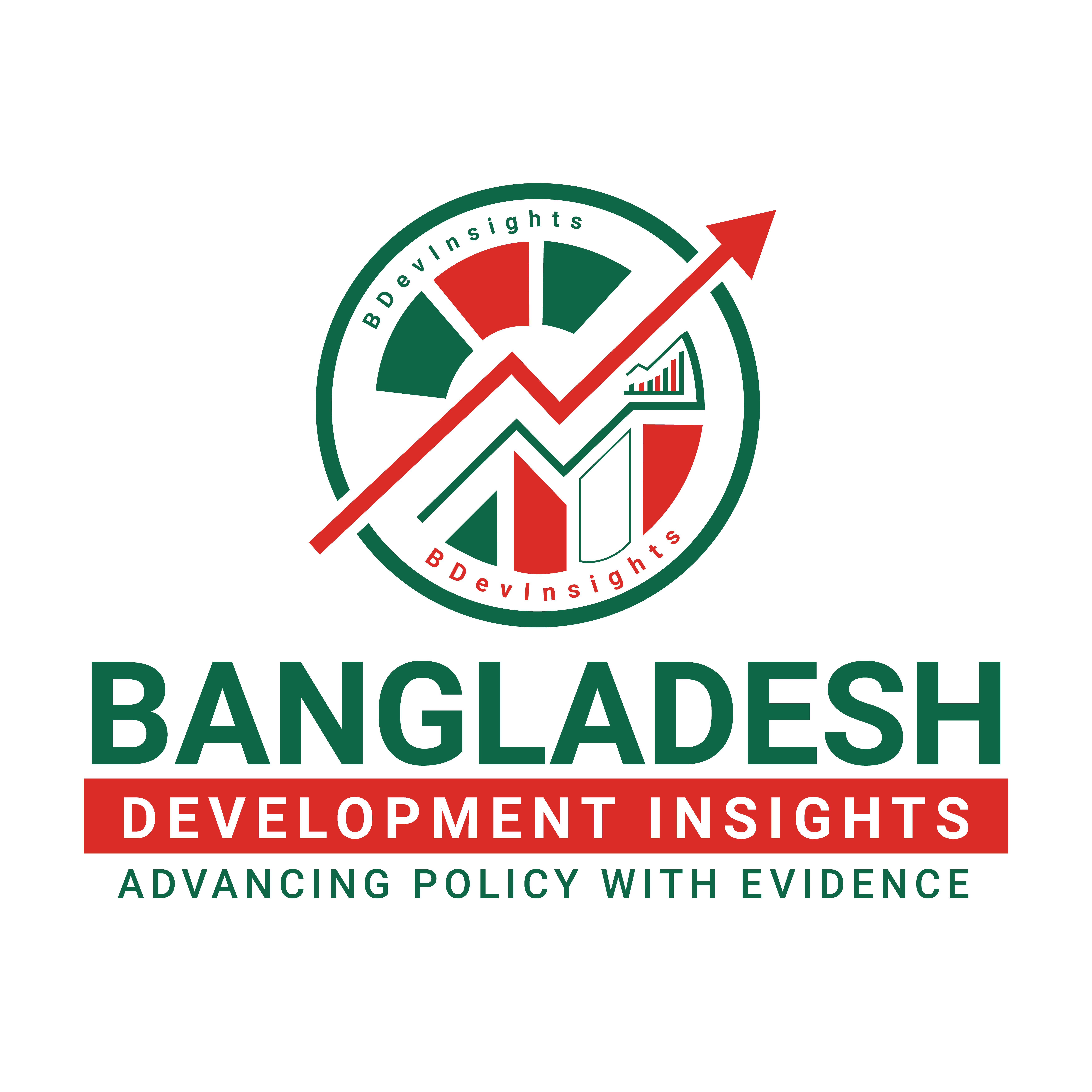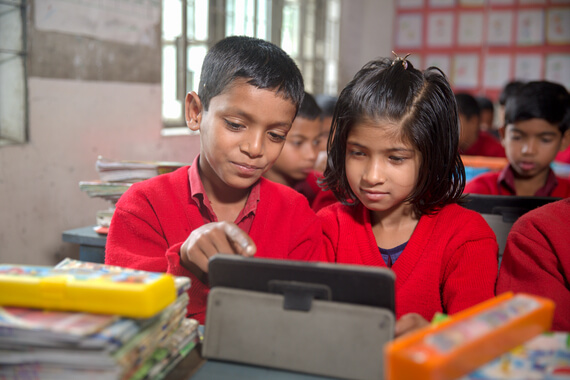Background:
In South Asia, despite improvements in school enrollment and completion levels, many learners continue to live in learning poverty, with approximately 50% unable to read or understand a simple text by age ten. This gap has been exacerbated by the COVID-19 pandemic, leading to significant learning losses. Traditional schooling approaches have proven insufficient in overcoming these challenges, especially in rural and disadvantaged areas. To address these issues, we plan to evaluate the effectiveness of two low-cost, low-tech programs designed to impart foundational literacy and numeracy (FLN) skills to students from Grades 2 to 4 over four months.
Methodology:
The research will be conducted in disaster-prone districts of Khulna, Satkhira, and Jessore in Bangladesh, utilizing a randomized controlled trial (RCT) methodology. The study will involve 8,027 government primary schools across these districts. Participants will be divided into three groups: a self-help group receiving IVR lessons, an assisted group receiving additional bi-weekly tutor calls, and a control group with no specific intervention. The intervention includes thought-provoking videos, interactive quizzes, public pledges, and designated buckets for litter disposal. Data will be collected through baseline and endline surveys, and IVR usage data will be analyzed to evaluate the program’s impact.
Objectives:
- To assess the extent to which the interventions improve children’s FLN skills in low-income contexts.
- To analyze if the effects of the interventions vary by the child’s learning level, caregivers’ engagement, gender, religion, income level, ethnicity, and remoteness of the household.
- To evaluate the spillover effects of the interventions on classmates of the randomly selected students.
- To compare the effectiveness and cost-effectiveness of the two interventions with each other and similar educational programs evaluated recently.
Theme: Education and Development
Timeline: June 2024 – December 2025
Specific Role of GDRI:
- Conducting surveys and data collection
- Recruiting content creators and tutors
- Subcontracting the technology service provider
- Providing program-specific assistance and support
- Managing data throughout the study
- Ensuring proper implementation of interventions
Researchers:


